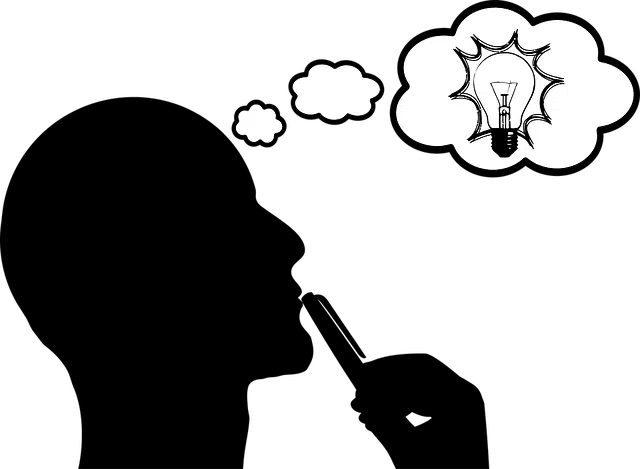
Imagination allows the mental representation of real or imaginary things.
From the Latin imaginatio , imagination is the faculty of a person to represent images of real or ideal things . It is a process that allows the manipulation of information created inside the organism (without external stimuli) to develop a mental representation .
Imagination, in this way, allows us to keep in mind an object that has been previously visualized or to create something new without any real support. When imagining, the human being manipulates information from memory and converts already perceived elements into a new reality.
Different meanings of the term imagination
The concept, therefore, can be used to name the ability to develop this mental process and its result . For example: “My daughter has a great imagination: last night she told me a story about a small flying tiger that visits her at night,” “My imagination led me to think that a crocodile lived under my bed,” “It's not a real danger, it's just your imagination."
The notion of imagination is also used to name a judgment that has no foundation or that is based on something that does not exist in reality: “The prosecutor's foundations are pure imagination: there is not a single piece of evidence to support his words,” “I want a concrete answer, not crazy ideas coming from your imagination.”
Imagination can also be associated with the ease of developing new projects or forming novel ideas : “I need you to use all your imagination to think of a slogan that highlights this product from those of the competition,” “Thanks to my brother-in-law's imagination, today we have a company that does not stop growing.”

Imagination can be associated with fantasy.
Defense method
Some people stimulate their imagination much more than their environment to protect themselves from events or times that are very difficult to go through; Children who suffer abuse, for example, tend to fall into terrible depressions and need intense psychological help once they reach adulthood, unless they receive the necessary help from their elders, or unless they know how to take refuge in a world imaginary in which danger does not exist.
The plane of imagination is perhaps the most precious for human beings, since it has no limits . But it is not simply a way to escape from reality , but rather a door to endless points of view of it, to be able to understand it better, without getting stuck in the inevitable structures of society. Flying with our imagination can lead us to find solutions to problems in our daily lives.
Imagination and lateral thinking
A method that can be used to solve problems through imagination is known as lateral thinking . The keys to this technique are creativity and the search for alternative paths to those traditionally proposed; It is about finding solutions through unconventional algorithms or strategies that logical thinking would generally ignore.
Children have a natural tendency to use lateral thinking, although little by little they lose it and replace it with premeditated mechanisms typical of the culture to which they belong. Therefore, to develop this ability that is blocked with age, it is necessary to learn to question all our certainties , to destructure everything that we think we know perfectly, to find new paths, possibilities that have never crossed our imagination.
When an innovative product or service emerges, the world is amazed at the great creativity of a few and wonders “how did they come up with this” or “how did I not think of that”; The answers lie in using the imagination without fear of the unknown, searching beyond the walls, leaving behind the "how?" and the “how much?” to change them to "why?" and "why not?"
